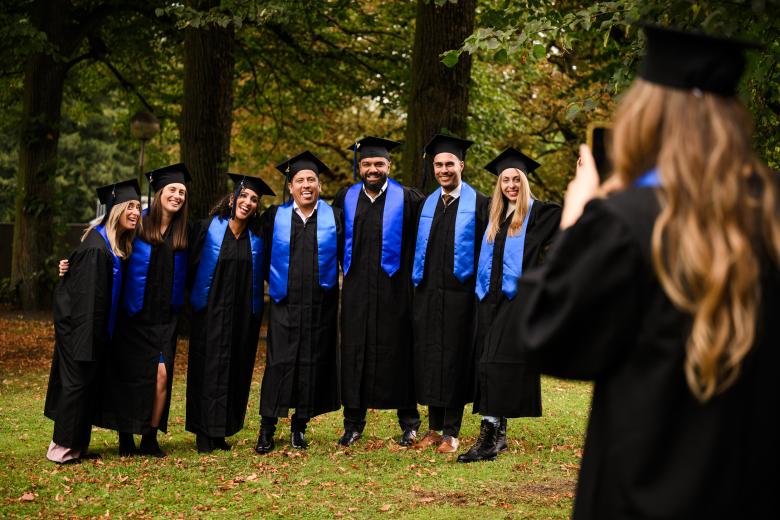School of Business and Economics receives re-accreditation from AACSB
On 19 April 2017 AACSB International announced that it will be extending the business accreditation of Maastricht University’s School of Business and Economics (SBE). Founded in 1916, AACSB is the longest-serving global accrediting body for business schools that offer undergraduate, master's, and doctoral degrees in business and accounting. By obtaining this re-accreditation, SBE retains the prestigious ‘Triple Crown’ which consists of accreditations awarded by the American AASCB, the British AMBA and the European-wide EQUIS. Only 1% of business schools worldwide have been able to achieve this.
Re-accreditation
To obtain the re-accreditation, SBE had to undergo a rigorous internal review process in which they had to demonstrate that they continuously improve processes. The school also underwent thorough external assessment by a peer review team of senior executives from other leading business schools. During this peer-review process, the school had to demonstrate its alignment with AACSB’s global accreditation standards and show how they encourage engagement, innovation, and impact on the communities it serves.
About the AACSB
AACSB Accreditation is the hallmark of excellence in business education and has been earned by less than 5 percent of the world's business schools. Today, there are 786 business schools in 53 countries and territories that have earned an AACSB Accreditation, an additional 186 institutions hold specialised AACSB Accreditation for their accounting programmes as well.
Also read
-
Maastricht University recognised among top institutions in CEO Magazine’s 2025 Green MBA Rankings
We are proud to share that Maastricht University School of Business and Economics has been recognised as a top-ranked institution in the CEO Magazine 2025 Green MBA Rankings.

-
Global recognition for SBE’s Executive Education by Financial Times
We are proud to announce that Maastricht University School of Business and Economics (SBE) has secured an impressive global ranking of 84th in the Financial Times Open-Enrolment Executive Education Ranking 2025.

-
SBE Researchers Awarded in NWO SGW Open Competition XS
The School of Business and Economics (SBE) at Maastricht University proudly announces that all three research proposals submitted to the latest NWO SGW Open Competition XS have been awarded funding. This exceptional outcome highlights the high calibre of SBE research and its relevance to societal...
